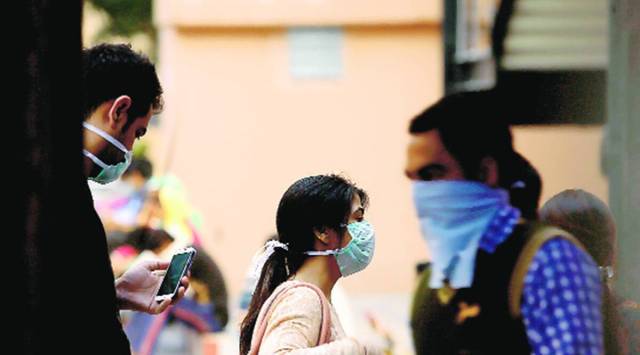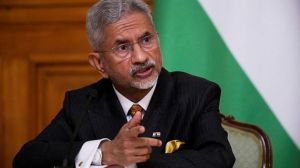Stay updated with the latest - Click here to follow us on Instagram
Swine flu cases rise to 62, BMC tells people to take precautions
Last year in July, the city had seen only 21 swine flu cases which as of July 24 of this year has climbed to 64. This has become a cause of concern for the civic body.
 Swine flu is human respiratory infection caused by an influenza strain that started in pigs. (File)
Swine flu is human respiratory infection caused by an influenza strain that started in pigs. (File)As the swine flu cases climbed to 62 in city, the BMC issued an advisory on Tuesday, asking residents to take adequate precautionary measures to avoid contracting the influenza. It asked people to cover their nose while sneezing and coughing with a handkerchief or tissue. “Wash your hands often with soap and water, avoid touching your eyes, nose, or mouth, avoid visiting crowded places and do not take self-medication,” the advisory further said.
Last year in July, the city had seen only 21 swine flu cases which as of July 24 of this year has climbed to 64. This has become a cause of concern for the civic body.
Swine flu is human respiratory infection caused by an influenza strain that started in pigs.
Dr Lancelot Pinto, epidemiologist and pulmonologist from Hinduja Hospital said that monsoons tend to be the peak season for influenza in India. In addition, several viral respiratory tract infections appear to peak during this time of the year.
“We now have molecular diagnostic tests that allow us to test for various viruses from nasopharyngeal swabs, similar to the RT-PCR done for SARS-CoV-2. We have, over the past few weeks, seen a preponderance of the H1N1 strain of viral influenza on such tests. Since we do not do swabs on every patient, it is difficult to know the magnitude of spread in the community. However, a significant proportion of patients hospitalised with respiratory tract infections in the recent past have been found to be infected with the H1N1 strain (the ‘swine flu’ strain reported in 2009, associated then with severe respiratory tract infections),” he said.







